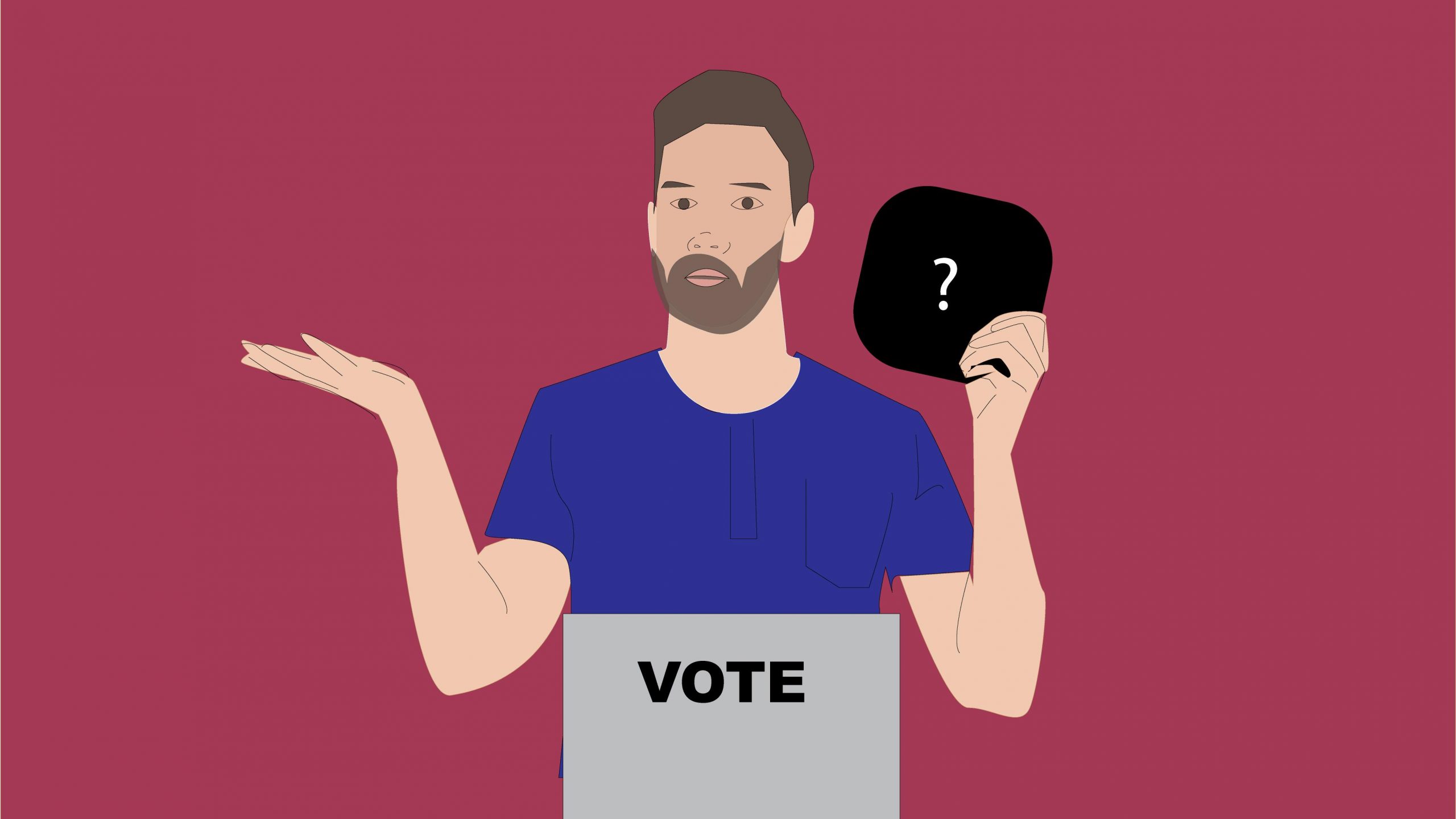By Reedah Hayder
On Oct. 26, a by-election will be held by Elections Canada in Toronto Centre and York Centre—the first vote to be organized since the pandemic started.
There are nine candidates running, including Liberal candidate and Ryerson alumna Marci Ien.
Many new safety precautions have been arranged and polling stations are recommending that voters bring their own pens. Voters also had the option of voting in advance between Oct. 16 to 19 at polling stations across the riding.
Elections Canada has resources available online including voter registration information and ways to vote, which include mailing in a ballot or voting on election day. Voters can also see the frequently asked questions page for more information.
The Eyeopener spoke to several candidates running in the Toronto Centre riding. Here’s what they had to say:
Marci Ien – Liberal Party of Canada
Marci Ien, a former co-host of CTV’s The Social, said she decided to run because of the social issues that she discussed on the talk show for three years, including the death of Regis Korchinski-Paquet while in the presence of Toronto police officers.
Ien mentioned one of her main goals is to collaborate with young people in creating a mentorship program. This will also focus on other aspects of their lives, including mental health, addiction and homelessness.
“It’s a lot to just jump in and assume that people want certain things and need certain things,” Ien said. “I think it’s about talking. So I am in the business of listening and learning and then taking action.”
Brian Chang – New Democratic Party (NDP)
Brian Chang, who previously taught at the university’s Chang School in 2017, was involved as a facilitator with the Institute for Change Leaders at Ryerson.
Chang said he wants to increase federal student grants and “work towards tuition-free post secondary education.”
As of 2018, Canadian students owe around $19 billion of student debt to the federal government, as previously reported by the National Observer .
He noted that university tuition is provincial jurisdiction but that he is “willing to work with provinces for it.”
“I fundamentally believe that post-secondary education should be part of our public education system,” said Chang.
Chang also mentioned his support for defunding the police and reallocating the funds as well as working on initiatives to better support essential workers.
Kevin Clarke – Independent
Kevin Clarke first became involved in politics in the mid-1990s and ran for the Toronto mayoral election in 2018. He previously experienced homelessness and founded the Peoples Political Party in 2011.
Clarke told The Eye his main priority is to address social issues in Toronto—including homelessness, addiction and mental illness–because these are the issues that don’t discriminate. He said these issues are ever-lasting, without proper action and are continually ignored and unsupported.
Clarke said he believes these experiences affect all of us, especially students, and fixing them is what should come first.
“Whether you have the best job out there, if you stumble with mental health or addiction, or the housing market is still messed up, that job and education won’t matter.”
Annamie Paul – Green Party of Canada
Annamie Paul is a Canadian activist and lawyer who is also the first Black Canadian and first Jewish woman to be elected leader of a major federal party in Canada.
Paul said in an interview with The Eye that she has supported “tuition free post-secondary education for years.”
She added,“The federal portion of student loans [should] be forgiven and we want to move away from loans to a grant system.”
Paul said extending repayment periods is insufficient.“It doesn’t deal with the underlying issue which is that education is a right. It’s just pushing the whole thing down the road and it doesn’t deal with the underlying issue, which is that education is a right.”
She said one method that would help students afford a university education would be “a guaranteed livable income. So that students are covered, regardless of their financial situation.”
Paul is also a supporter of carbon pricing, calling it the “most efficient, cost-effective and impactful way for us to get to our greenhouse gas emissions reduction target.”
Baljit Bawa – People’s Party of Canada
Baljit Bawa ran as a candidate for the Brampton Centre in 2019 and previously supported the Liberal Party of Canada.
He said “studies should be available and accessible to every resident of Canada with the equal opportunity.”
“Students should not be looking out for a loan to have a study because we should be supporting them [through grants],” said Bawa, adding that he wants to lower interest rates on existing federal student loans.
Keith Komar – Libertarian Party of Canada
Keith Komar was elected as the party leader of Libertarian Party of Canada in 2019 and is a long-time activist for cannabis decriminalization.
“At the end of the day, I don’t think the government should be involved in [post-secondary tuitions], it creates more problems than it solves.”
Komar also said he doesn’t believe in federal student loans as he thinks loans should be privatized and that the budget for post-secondary “should come from the province or from municipalities.”
He said, “We never should have handed out those [federal] loans to students.”
Komar noted that students with crippling debt “should be able to walk away from it.”
None of the Above
The None of the Above Direct Democracy Party campaigns for direct democracy.
Benjamin Sharma of the Conservative Party of Canada and Dwayne Cappelletti of Free Party Canada were unavailable to comment in time for publication.
With files from Alexandra Holyk












Leave a Reply